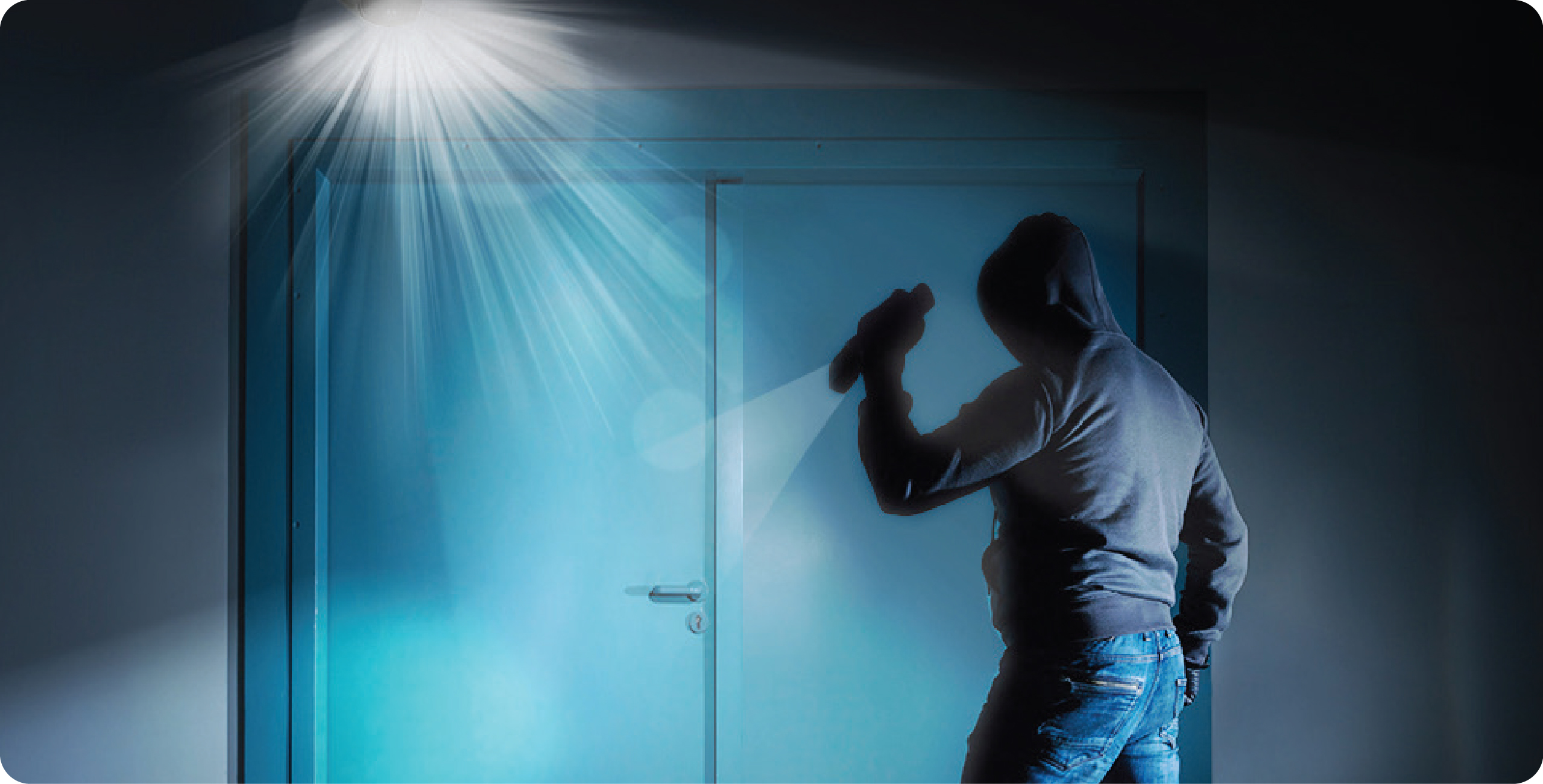
Despite advancements in security technology, it’s surprising to learn that a significant number of Intruder and Burglar Alarm Systems in Ireland still function as standalone systems. However, such alarms pose a significant drawback – in the event of a burglary while you’re away, the system won’t alert you of the intrusion. Instead, the external siren or bell only serves as an indicator that the business is vacant at that specific time. To mitigate this issue, it’s advisable to consider the benefits of monitored alarm systems for your business.
There are two types of monitored alarm systems available. The first type involves remote monitoring by a third party, while the second type allows for self-monitoring of your own alarm system. For instance, the Hikvision Alarm System is a self-monitored system that can alert you and other designated individuals directly on your phone in the event of an intrusion. On the other hand, remotely monitored alarms involve an Alarm Monitoring Centre that protects your premises around the clock, every day of the year.
Alarm monitoring is a security service where a third-party company oversees the protection of your premises around the clock. Leveraging advanced technologies, they receive instant alerts in case of intrusions, enabling swift responses such as contacting the owner or alerting emergency services to ensure safety and security. This service is essential for businesses aiming to enhance their security infrastructure.
Traditionally alarms were connected to a building’s phone line via a digital communicator. However, this technology had a significant drawback: if the phone line was cut outside the building, the monitoring service would not function.
To avoid this issue, it’s crucial to ensure that your intruder alarm has a GSM/GPRS communicator connected to it. This can be linked to a monitoring station that will alert you and designated individuals if the alarm is activated. Alternatively, you can choose to self-monitor the alarm, in which case it will send a text message to you and others you nominate if triggered. With a GSM installed, you can also check the status of your alarm on your mobile phone and even set or unset it remotely.
It’s highly recommended to include a smoke detector as part of your alarm system to receive immediate notification in the event of activation. All GSM units use a sim card to communicate, so if you opt for a “ready to go” sim card, be sure to top it up regularly.
To see how alarm systems compare against CCTV systems, see our alarm systems vs CCTV systems comparison. During this comparison, you might also delve into the considerations when choosing a CCTV system to ensure you select the most suitable option for your premises.
When we talk about monitored alarm response, we mean the quick and organised actions taken by a third-party monitoring centre when your alarm system sends out an alert. Here’s how it generally works:
This approach means that you have a team of professionals ready to respond at any hour of the day, helping to keep your property safe and giving you peace of mind.
A self-monitoring alarm system allows you to take full control of your property’s security. Here’s how it operates:
Opting for this system not only offers more control but also presents a cost-saving alternative. However, it necessitates readiness to respond to alerts promptly, making it a suitable choice for individuals who favour a DIY approach to home security.
Choosing the right sensors for your alarm system is crucial. Common choices include motion detectors, door/window sensors, and glass break detectors. Additionally, environmental sensors for smoke, carbon monoxide, and water leaks can be vital for safety. Tailor your sensor selection to your property’s specific needs to ensure comprehensive protection.
It’s essential for every business to have its intruder alarm monitored by a third-party monitoring station and to connect a fire alarm system, such as Morley IAS, LogiFire, or other Comelit Fire Alarms, to the intruder alarm. This way, if a fire occurs, the monitoring station can alert the relevant parties immediately. For more information on the importance of having a fire alarm, see our post on the subject.
In the past, businesses used landlines and radios to monitor their premises. The radio would periodically send a signal to the monitoring station, serving as a backup to the landline. Nowadays, commercial establishments usually install a GSM/GPRS communicator with their alarm system, and may also have a radio backup. Today, insurance companies typically mandate that commercial premises have a monitored alarm system.
Whether self-monitored or remotely monitored, having CCTV cameras installed at your business premises is a major advantage. Monitoring stations now offer CCTV verification as a service, which is quite cost-effective as an add-on to your intruder alarm monitoring. With CCTV verification, the monitoring station can immediately view the CCTV cameras if the alarm is activated and determine whether a genuine alarm activation has occurred.
If you’re looking for further guidance on choosing an intercom system for your business, you may find our guide helpful.
Embedding your monitored alarm systems into a facility management checklist is a strategic move in holistic business safeguarding. This integration not only amplifies security but also ensures a systematic, prompt response to incidents, thereby enhancing the protection of assets and personnel. Thus, a well-rounded facility management plan, inclusive of a robust alarm system, is crucial for comprehensive business security.
Furthermore, it’s vital for small to medium-sized enterprises to embrace effective security strategies for small and medium businesses. This includes conducting regular security audits, ensuring that alarm systems are up-to-date and fully functional, and training staff in security best practices.
For further information on a Monitored Alarm Systems you can call us on 01 689 6390 or submit an enquiry form here.